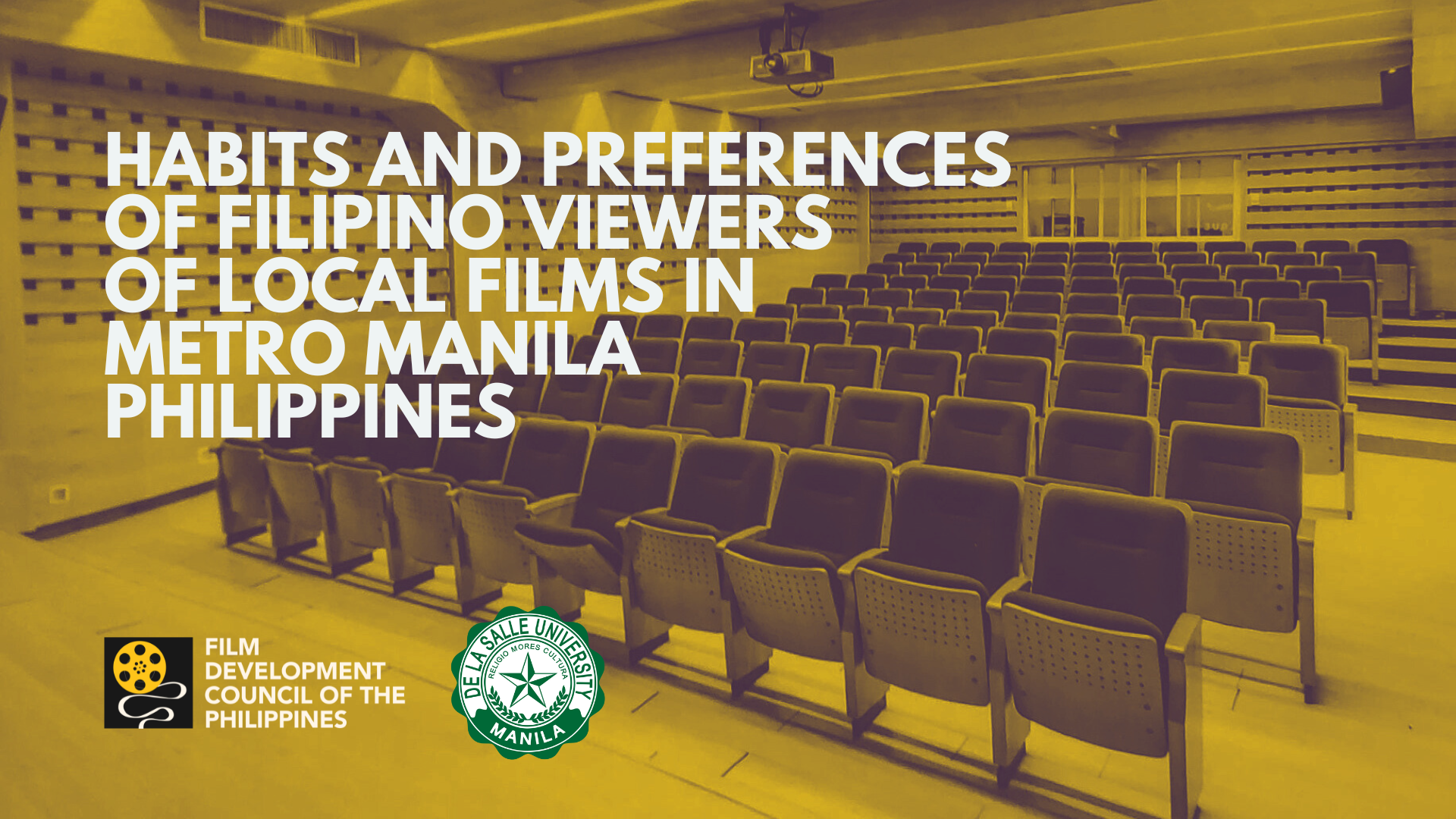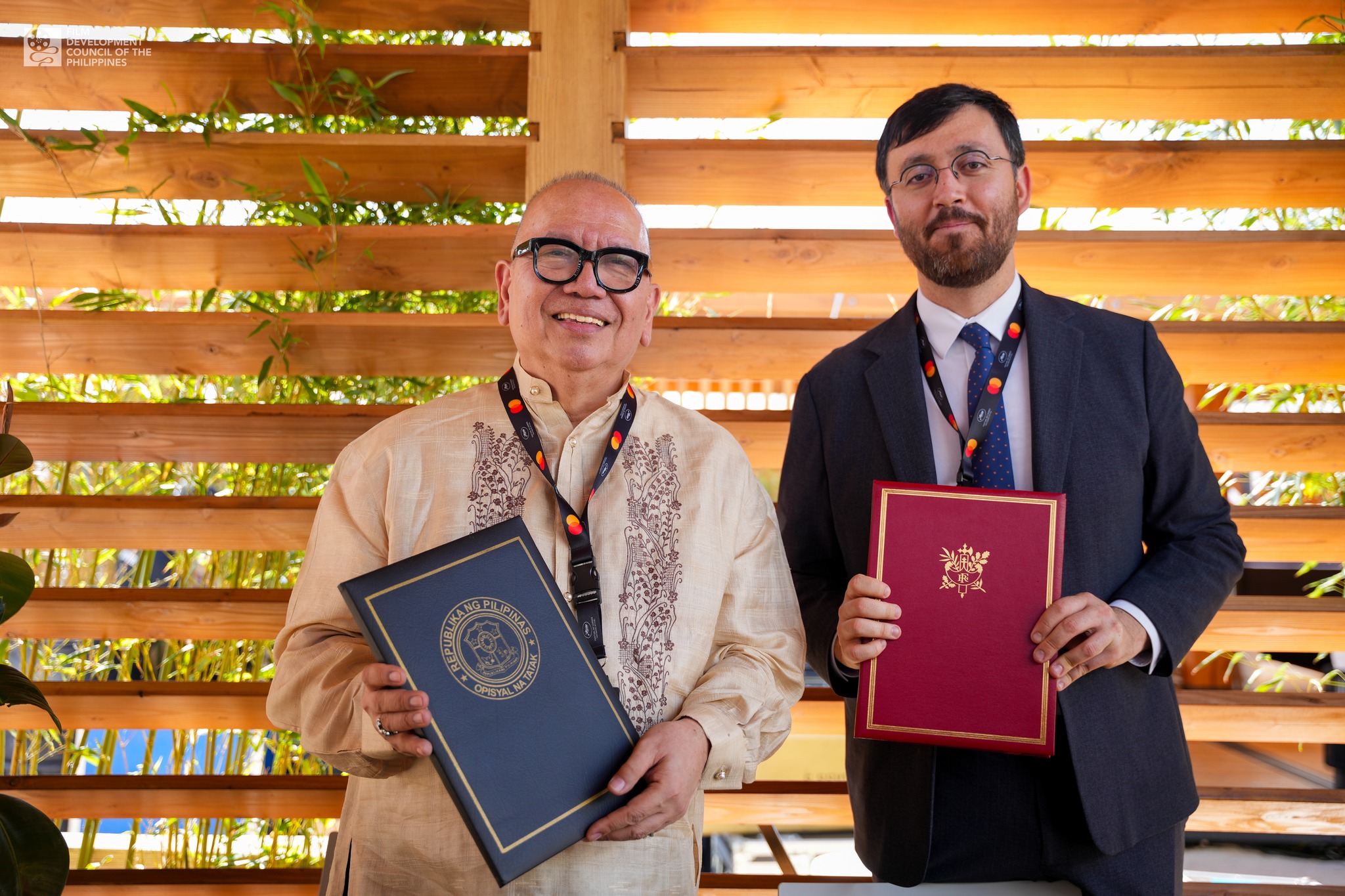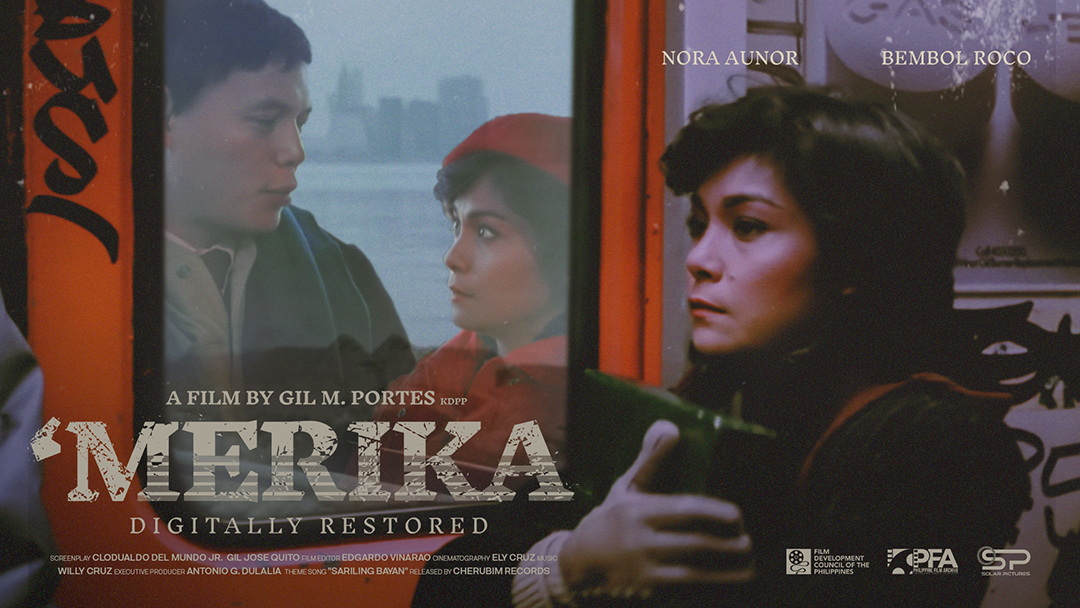Championing Filipina cinema in FDCP’s CineMarya

‘Adira’ by J.I. Hamid receives the DILG Gender Sensitivity Award.
From National Artist for Theater and Music Atang de la Rama, the actress of the first locally produced Filipino film “Dalagang Bukid,” to generations of producers led by Doña Sisang de Leon of LVN Pictures, Inc. and Mother Lily Monteverde of Regal Films, and box-office directors like Olivia Lamasan, Cathy Garcia-Molina, and Antoinette Jadaone, Philippine cinema is never short of amazing women.
As the national film agency, the Film Development Council of the Philippines (FDCP) made sure that women’s discourse and their role in front and behind the camera are always integrated in our programs to amplify women’s stories and perspectives.
Women’s voices are usually silenced, ignored, or downplayed in society and that is why it is important for us to make sure that there is space for women’s issues in Philippine cinema, especially from women from different regions who have their own issues and stories to tell. And while Philippine cinema is dominated by women, we need to continue such discourse not just for our industry but for our society as well.
Last November 6, the 1st CineMarya Women’s Short Film Festival had its virtual Awarding Ceremony during the ongoing 4th Pista ng Pelikulang Pilipino (PPP). It was sheer joy to finally celebrate the 12 CineMarya titles that premiered in the PPP4 Short Film Showcase.
CineMarya challenges Filipino filmmakers to create relevant women-centered short films that aim to inspire and empower women and men alike to make gender sensitization the way of life of every Filipino.
It is an initiative of the Department of the Interior and Local Government (DILG) in partnership with the FDCP, Quezon City Film Development Council (QCFDC) and Philippine Commission on Women (PCW).
For me, as a woman, actress and public servant, CineMarya is more than just a film festival. It is a meaningful way for women to be represented in stories that highlight their strength, creativity, and passion both in front and behind the camera.
I have mentioned this frequently and I will never tire of saying that I am extremely proud of our CineMarya filmmakers for their dedication, commitment, hard work, and perseverance in creating noteworthy short films.
They say that creating a film is a miracle in itself, and this also covers the short film format. I am so amazed by the journey of our CineMarya filmmakers and I am glad that the FDCP has been a part of it.
More than two years in the making
CineMarya was launched in March 2018 in pursuant to Presidential Proclamation No. 227 series of 1988 that prescribes the yearly conduct of the National Women’s Month Celebration in honor of Filipino women and their contributions in shaping families and societies.
I still remember the time when I met DILG Undersecretary Marjorie Jalosjos and her team as we brainstormed for a program that would champion women’s stories and voices through film. Usec. Jalosjos was brimming with so much excitement and aspiration to promote her advocacies.
This led to CineMarya and us getting more partners such as the QCFDC, PCW, Girl Scouts of the Philippines (GSP), Movie and Television Review and Classification Board (MTRCB), and other government agencies that believed in the cause.
A nationwide call for project proposals ensued, and 12 finalists from Luzon, Visayas, and Mindanao were chosen by the selection committee through a blind selection process.
Each project was given a seed money of P100,000 to produce a 10- to 20-minute short on women empowerment, different roles of women in society, awareness about diverse social issues on women and equality, and other related themes.
As part of the CineMarya educational component, directors and producers of the 12 projects underwent the Cinemarya Film Lab & Pitch in October 2018, Cinemarya Story Development Lab in December 2018, and Cinemarya Editing Lab in February 2020.
The festival and awarding ceremony were supposed to happen in March but due to the Covid-19 pandemic, they were postponed. CineMarya has been through so many ups and downs: a rollercoaster of emotions from the story pitching to script development, the labs, producing the films, and holding a fitting conclusion to the inaugural edition.
Although we had to resort to doing events virtually, we were still able to provide a film festival experience by holding the CineMarya shorts premiere at the PPP4 Short Film Showcase, PPP Talkbacks on the Road to CineMarya with Film Directors, and PPP Film Talks on Women in Philippine Cinema and Women in Public Service.
I am humbled to be part of PPP Film Talks: Women in Public Service alongside three inspiring and empowered women: DILG Usec. Jalosjos, Quezon City Mayor Joy Belmonte, and MTRCB Chairperson Rachel Arenas. We got to discuss leadership in the context of culture and power structures, and how this has changed over time in our country’s public service sector.
Recognizing women-centered short films
Finally, the CineMarya Awarding Ceremony at PPP4 became a heartwarming reunion of CineMarya organizers, jury members, government partners, and filmmakers. It was hosted by Issa Litton and featured a performance by Keiko Necesario.
I presented some awards along with Usec. Jalosjos, Mayor Belmonte, GSP National President Susan Locsin, former National Commission for Culture and the Arts Commissioner of the Arts and Head of National Committee on Cinema Teddy Co, cinematographer Lee Briones-Meily, and producer Ria Limjap.
Usec. Jalosjos, Briones-Meily, Limjap, and QCinema International Film Festival Director Ed Lejano joined me in the CinemaMarya Jury that decided on the winners led by “Noontime Drama” by Kim Timan and Sam Villa-Real, which was declared as the Best Film. It also won Best Screenplay.
Gary Tabanera was hailed as the Best Director for “Binakol sa Dahon” while two films won the Special Jury Prize: “She’s Perfect” by Jochelle Casilad and “Winged Dreams to the Blue Heavens” by Aimee Apostol-Escasa. “Winged Dreams to the Blue Heavens” also got the QCinema Award.
“Dad-aan Na (Her Walks)” by Julius Lumiqued won the DILG Advocacy Award, “Adira” by J.I. Hamid received the DILG Gender Sensitivity Award, “Super-Able” by Arjanmar Rebeta bagged the Marya Award, and “Night Shift” by Mariel Ong was given the FDCP Award.
The GSP Josefa Llanes Escoda Award went to “Hakab” by Mel Aguilar-Maestro while the PCW Award was presented to “Super Woman” by Angela Andres. Miel Espinoza was recognized as the Best Child Performer for “Dalaginding na si Isang” by Nigel Santos while “Ola” by Mijan Jumalon was awarded for Best in Technical.
High hopes for more CineMarya stories
I am so proud to be a witness to the two-year journey of our CineMarya filmmakers. It was a personal journey for them and for some, a source of healing. Cinema is the perfect platform for that and while I was watching the CineMarya shorts, I truly felt their heart and passion. I saw how they came to terms with the women’s struggle and how they elevated the voices of women.
Women throughout the world, from various societies and different cultures, have gone through so much history of oppression and triumph. With our CineMarya short films, which are available for free at the FDCP Channel (fdcpchannel.ph) until December 13, we see the strength and courage of every woman whose relationships, beliefs, hopes, dreams, and achievements are worth telling and immortalizing.
CineMarya may tell stories about women at home, at work, in public spaces, in competitions, in the context of religion, in families, on their own, or in communities. But these stories are for all of us. They are our mothers, sisters, leaders, friends, and those who inspire us to believe in a better world and take action towards such vision.
I wish that we will have more of these stories in Philippine Cinema. I certainly have high hopes for our CineMarya filmmakers, and I am very excited about what the future holds for them as well as for our cause for women empowerment and gender sensitization.
Notes from the Chair is part of the Filipino Champions section of The Sunday Times Magazine published by The Manila Times. Click HERE to view the article on The Manila Times website.





